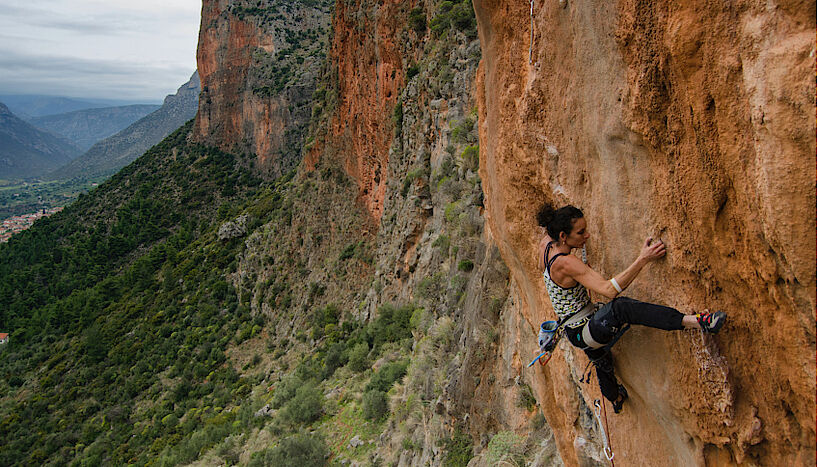Most of the publications in the leading scientific journals are by male authors from English-speaking countries. This has changed little and slowly since 1945. This is the conclusion reached by Pia Maas of the University of Vienna, who has devoted himself to a current study of the (non-existent) diversity of the best authors. The study shows that women and experts from southern countries are hardly represented on this list. The results are published in the journal Conservation Letters.
For the current study, the characteristics of 1051 leading authors, the scientists with the most publications in 13 leading journals in ecology and nature conservation, were examined. The results show that women and the Global South are hardly represented on this list. “The total list of senior authors contains only 11% of women. And 75% of articles come from just five countries in the North of the globe,” said Pia Maas, lead author of the study. “This huge imbalance in scientific authorship is extremely worrying, especially in the field of environment and nature conservation, where diverse perspectives are needed to solve global climate and environmental challenges,” Maas asserts.
The study also examined developments over different time periods and showed that the proportion of female senior authors increased from 3% to 18% between 1945 and 2019. The global South is also underrepresented by 25% recently. “The current lineage of women and scientists from the Global South at the top of the authors is still far from the social or academic distributions and clearly shows that there is a lot of catching up in promoting scientific diversity,” Maas said. “There are hardly any authors on the list from India, China and other densely populated regions of great importance for global nature preservation and sustainability, while many other countries are not represented at all.”
According to the study authors, the underrepresentation of women on the one hand and people from the Global South on the other hand affects not only major authors in ecology, but also the level of scientific management. “The accomplishments of publishing, especially senior authors, often determine career development and managerial positions,” explains Maas.
From this, the study came up with four specific recommendations to enhance scientific diversity:
First, journals and academic communities must make special efforts to promote diversity and inclusion in leadership positions. Second, the authors recommend an academic career path evaluation on the basis of diverse competencies that go beyond publishing achievements. Third and fourth, the authors advocate structural changes to enhance parental leave and diversity among staff and co-authors in order to promote and protect the integrity of the scientific community. Further recommendations, targeting authors and scientific communities specifically, work, according to Maas, to “improve good scientific practice, particularly with regard to the effective promotion of diverse and global perspectives in the field of the environment and nature conservation”.
Publication in “Preservation Messages”:
Pia Mas, Robin J Bachman, Laurent Juddet, Linea Smith, Vincent Devictor and Richard Primack (2021). Women and the Global South are strikingly underrepresented among leading environmentalists in publishing. Preservation messages, in press. DOI: 10.1111 / conl.12797

“Alcohol buff. Troublemaker. Introvert. Student. Social media lover. Web ninja. Bacon fan. Reader.”






More Stories
Ecologists Celebrate New Xesap National Park in Laos | Science
Is the wrong diet making you forget?
We can study it with a new telescope.